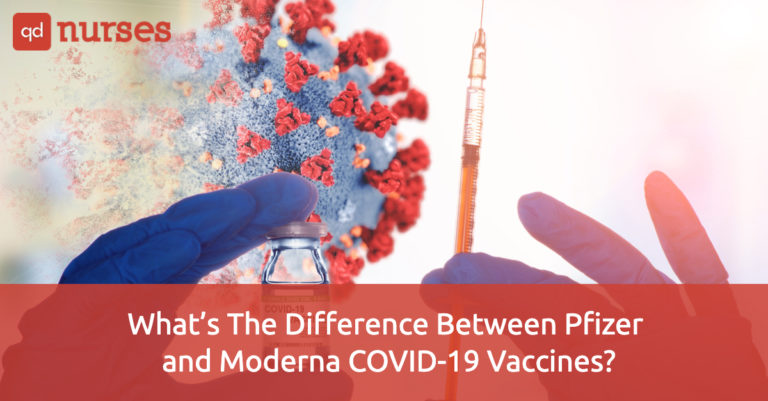
What’s The Difference Between Pfizer and Moderna COVID-19 Vaccines?
In the US, there are currently two approved COVID-19 vaccines to help with the fight against the current pandemic. Pfizer and Moderna both received Emergency
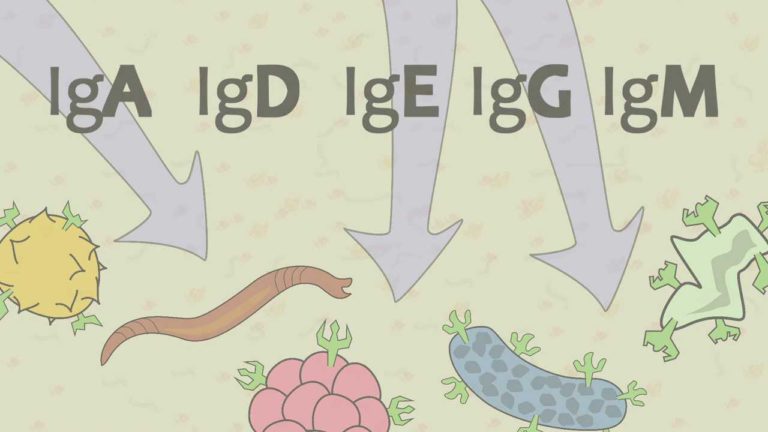
The 5 Immunoglobulin Simply Explained in 2.5 Minutes
Each type of of antibody Immunoglobulins has different functions. Watch the video to get the simplified explanation of each type. IgA IgD IgE IgG IgM
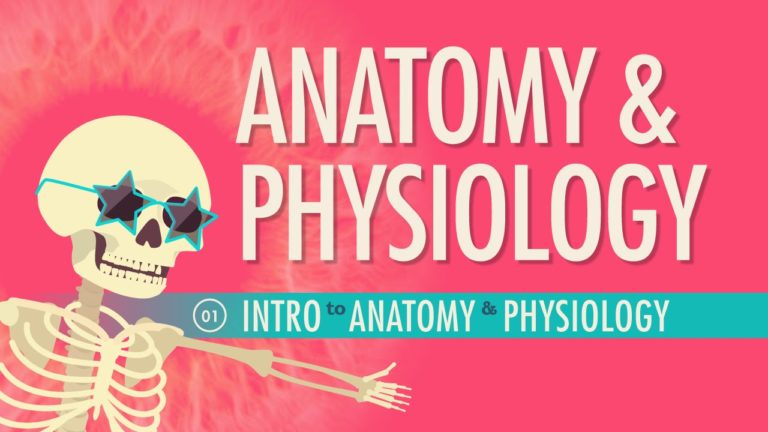
Anatomy & Physiology Introduction in 10 Minutes
It’s not anything like your Anatomy & Physiology class. It isn’t boring. It isn’t long. This is the cutest presentation I’ve ever seen in Anatomy
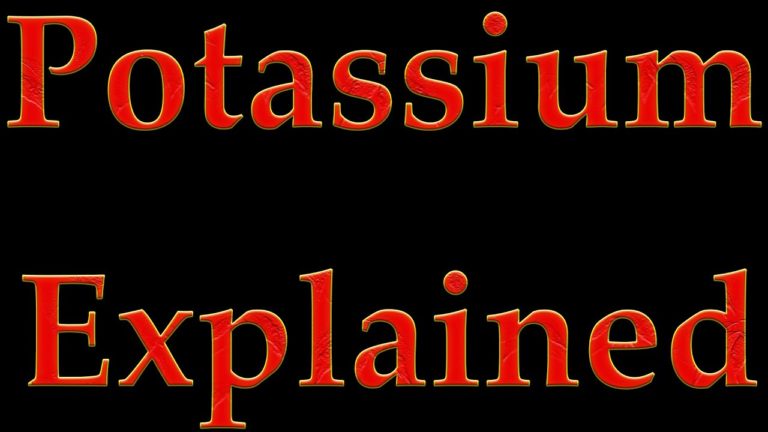
In-Depth with Potassium
A high level of potassium is hyperkalemia. A low level of potassium is hypokalemia. Do not think you can get away with taking the exams
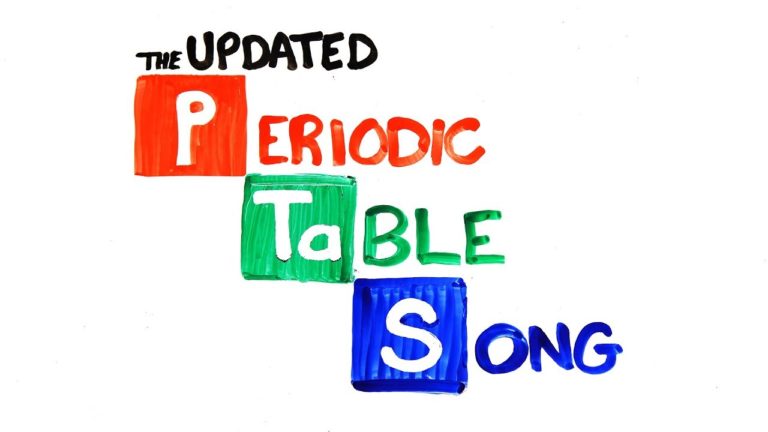
New Catchy Song – Memorize the Periodic Table Song
I can not get the Periodic Table song out of my head now. You are probably wondering if you really need to memorize the periodic
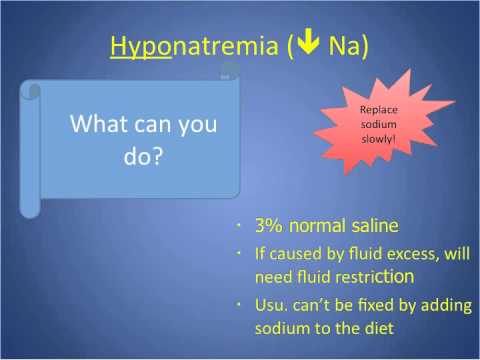
Fluid & Electrolyte Disorders
If you have seen the “Basics of Fluids and Electrolytes,” then watch how alterations of fluid and electrolytes can affect the body. What happens when
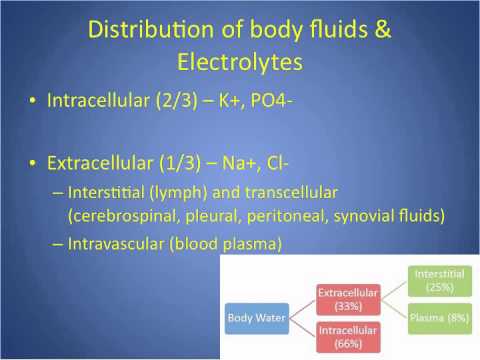
The Basics of Fluids & Electrolytes
Pocket Prof Apps provides a review of the basics of fluids and electrolytes in under 35 minutes. Whether you are studying for your finals or
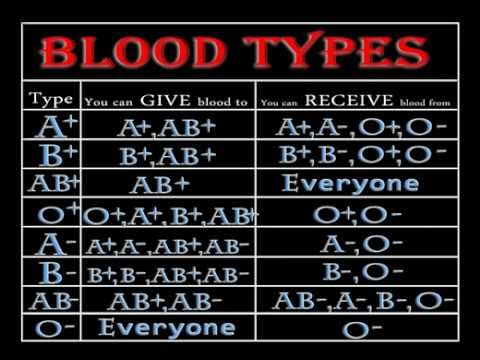
Easy Way to Remember Blood Types
Joe B provides a way to help you remember blood types! It is very easy to get confused between the blood types and what a
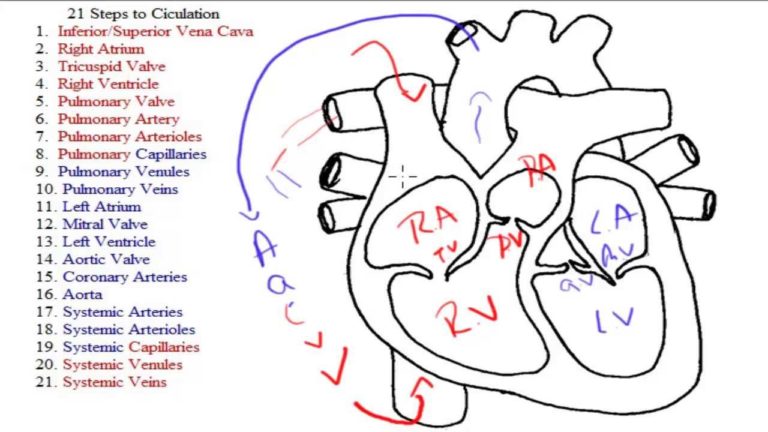
21 Steps of Circulation in 5 Minutes
From freshman year all the way until graduation, the circulation of the heart will haunt you! But, you can fight back by becoming confident in
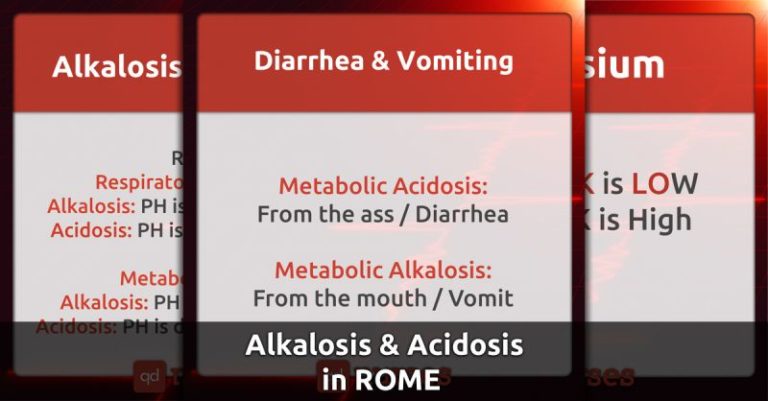
Alkalosis & Acidosis in ROME
Alkalosis vs Acidosis When in ROME, do as the nurses do in ROME! ROME is Respiratory Opposite, Metabolic Equal. This is a quick and simple
